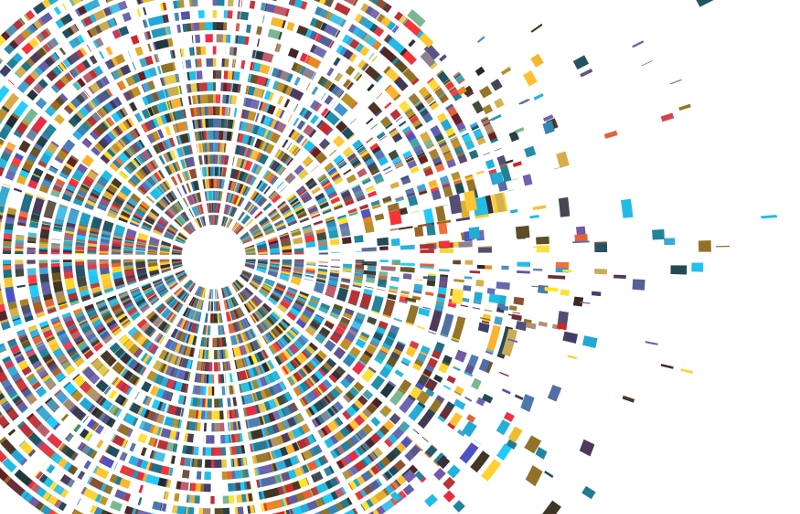As lower cost genome sequencing technologies come to market, the potential innovation for plant breeding and research is exponential.
It is commonly known throughout the seed industry and research community that the development of new varieties with advantageous traits is a costly endeavor. The last decade has seen great strides made in plant breeding innovation with the release of genome mapping for key crops and the introduction of new plant breeding techniques.
Faced with the global challenges of population growth, disease, pest resistance and climate change, there is an ever-increasing demand to accelerate the development of highly adaptable crops.
“When you have the a whole genome assembly, it impacts researchers’ breeding decisions. We are seeing year over year improvements in plant breeding thanks to efficient usage of genomic applications.” says Guy Kol VP Strategic Accounts and Product with NRGene.
“The knowledge of the exact location and distance between desired traits and genes is very beneficial for breeders. As genome sequencing becomes more cost effective, we will also see it used more frequently benefitting breeders as they will have more germplasm to work with.”
NRGene recently launched DeNovoMAX – a new product that aims to empower breeding as part of the Denovo assembly product suite offered by the company. DeNovoMAX is a lean version of the legacy DeNovoMAGIC platform, which has been cited many times in scientific literature due to the high quality of results it generates. The product is now available for homozygote genomes.
NRGene recently worked with the research consortium involved in mapping the durum wheat genome. For researchers like professor Assaf Distelfeld from the Tel Aviv University it was a critical tool in completing the project.
“Genome assembly puts everything into context. The accuracy it allows, quickly translates into efficiency so you can do things faster and more accurately,” Distelfeld says. “In the past you would need a large consortium to sequence a new genome. However, with products like NRGene’s new DeNovoMAX, which is available at a much lower price point, I expect we will see new collaborations in the industry between two or three smaller research labs.”
The cost-effectiveness and potential for high-quality assembly was proven on this project. NRGene managed to successfully assemble, at reference quality level, the 16 GB-sized genome of common wheat (also known as bread wheat) at less than half the cost of former wheat assembly projects.
For Distelfeld, he sees the potential for future plant breeding that comes with genome sequencing. “In our durum project, and through genome sequencing, one of the discoveries made was that there is a trait in some durum varieties that causes it to accumulate high levels of cadmium. By analyzing the germplasm we were able to find a functional allele that eliminates this characteristic. This knowledge will help us bring better varieties to market.”
He sees discoveries like this being translated into other crops as more genomes are mapped.
“Right now DeNovoMAX is available for homozygous crops and we are already working on adapting this tool for other crops,” says Kol. “By offering turn-key genome assembly solutions we hope to help breeders develop varieties that have a real-world impact. We want to be part of the solution to deliver high quality, healthier food in greater quantities.”
To learn more about DeNovoMAX, click here.
To watch our video about NRGene’s new DeNovo Product Portfolio, click here.












